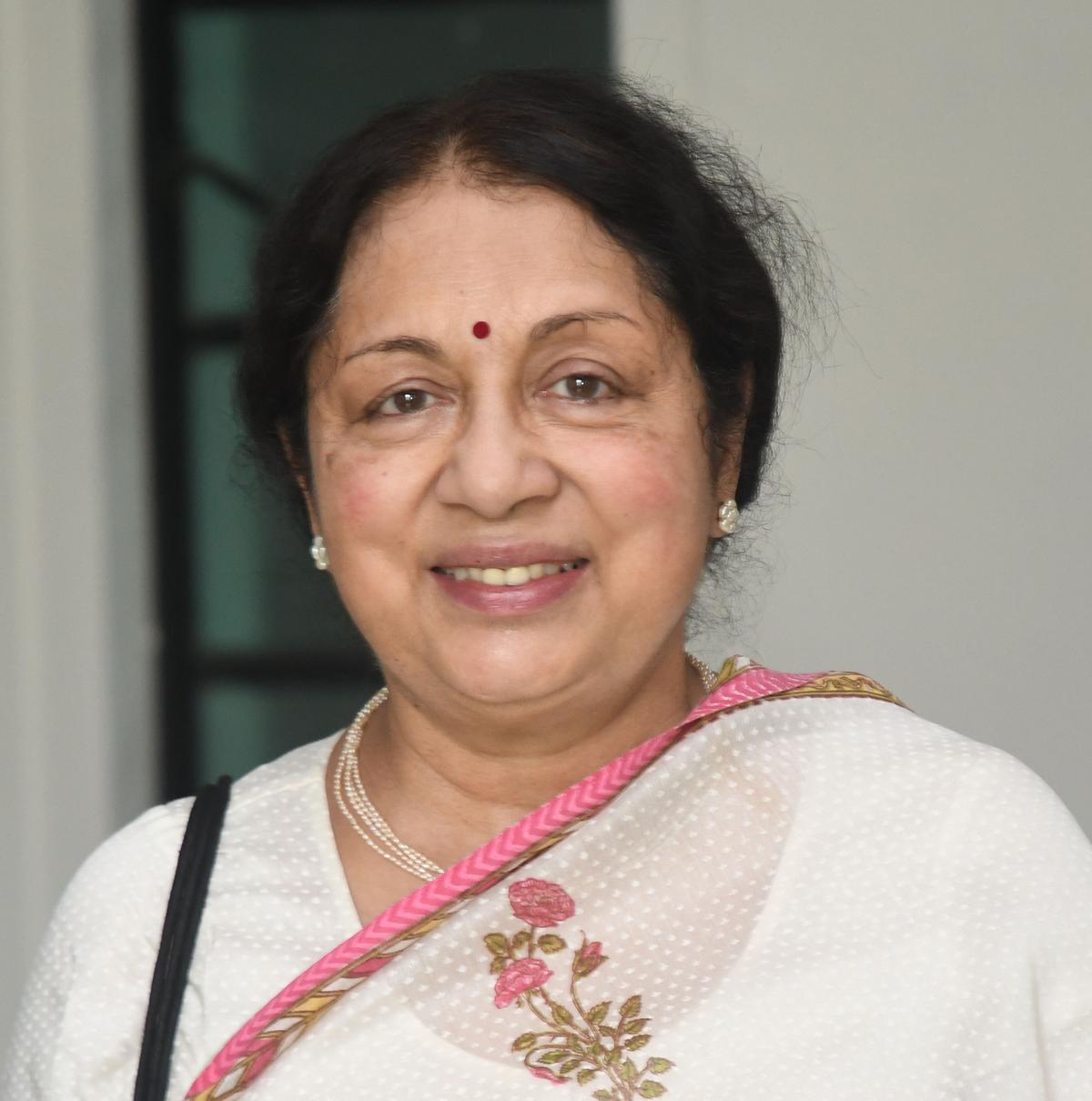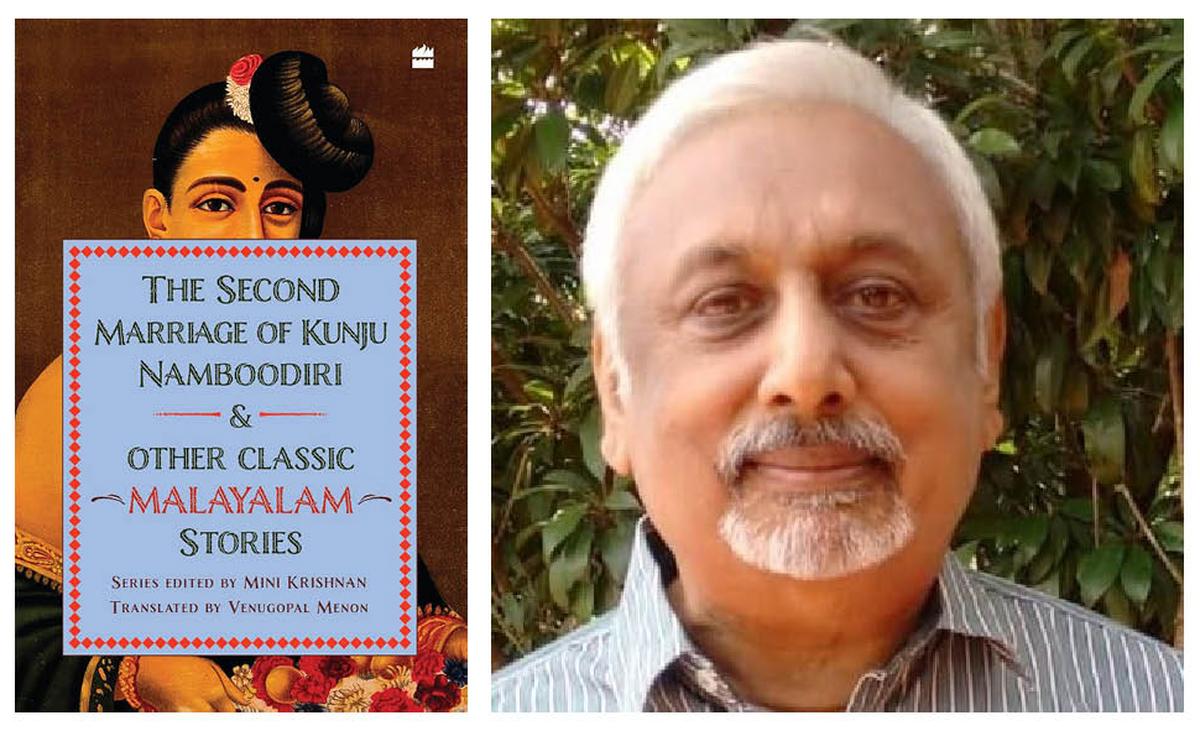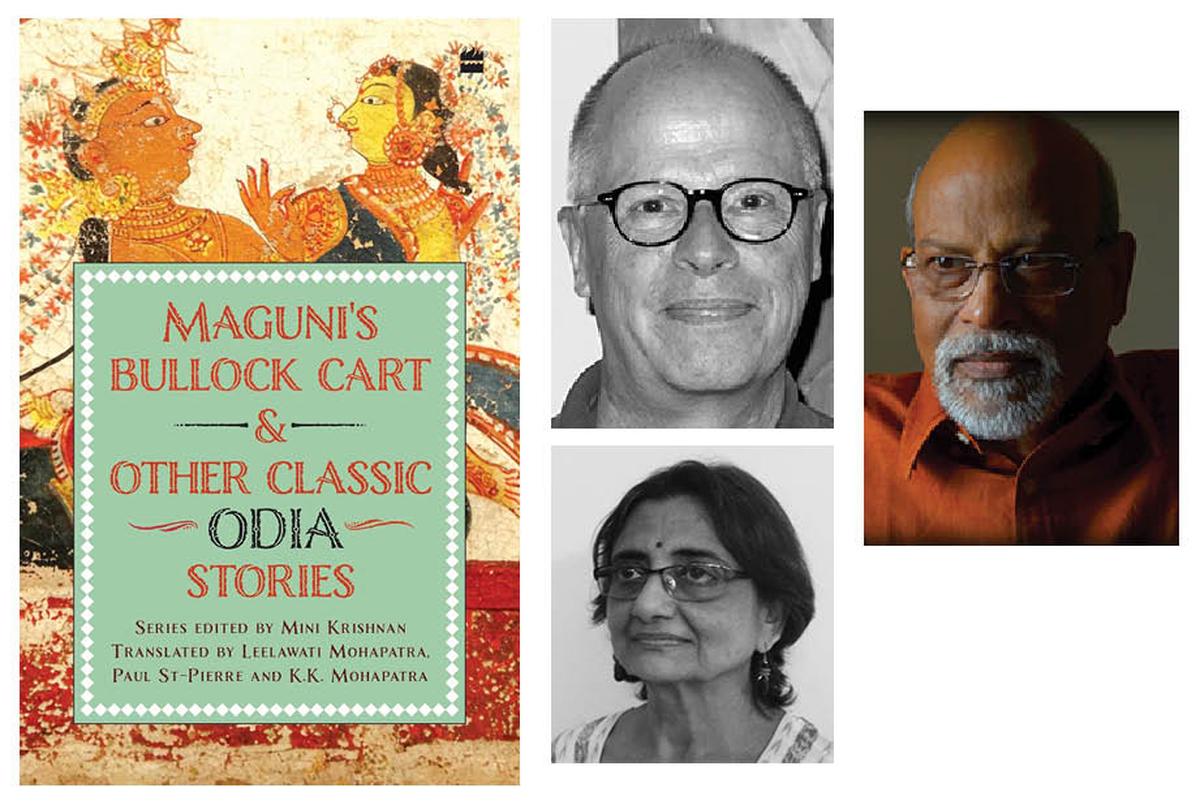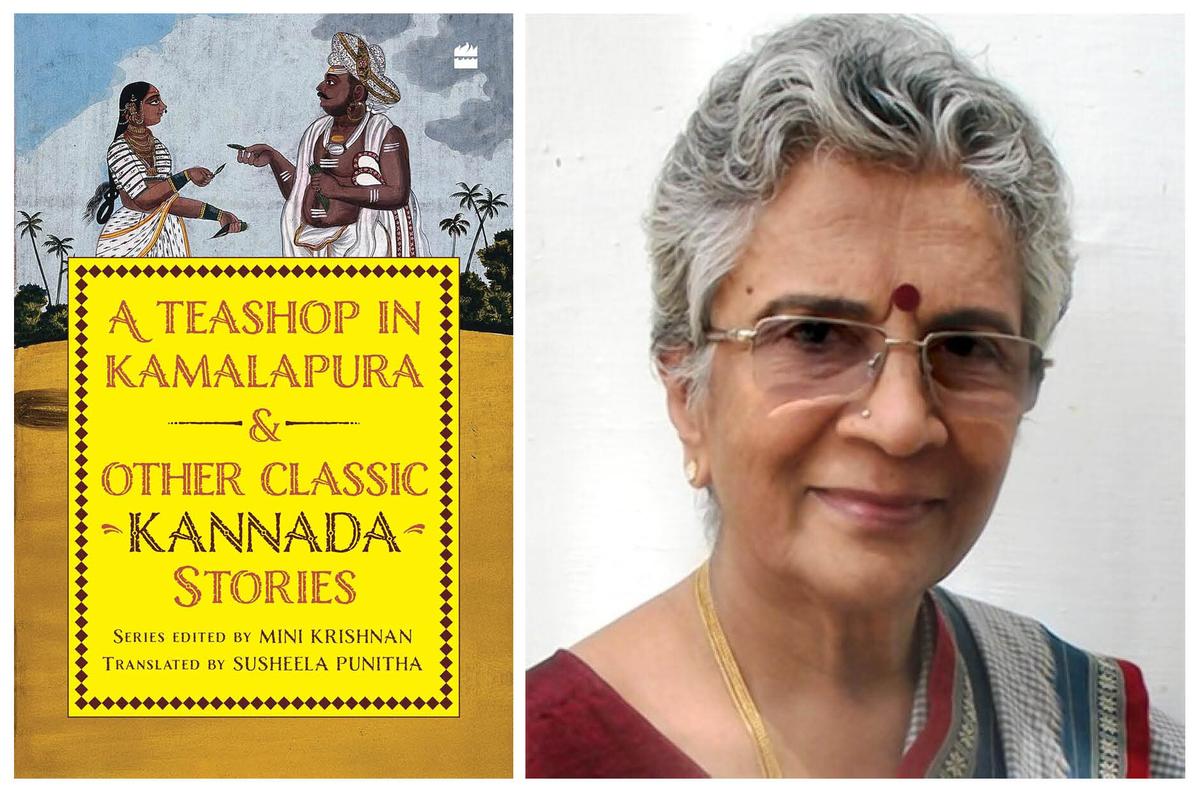In 2022, Hindi writer Geetanjali Shree’s novel Tomb of Sand won the International Booker Prize. And last week, Banu Mushtaq’s Heart Lamp, translated from the original Kannada by Deepa Bhasthi, won the prestigious prize. It is the first short story collection to do so.
Recently, there have been several conversations about the modern short story tradition in a regional language and the function of translations. There has also been a perceptible shift from translations as re-possessions to translations for dissemination. A fine specimen of the same is The Early Classic Stories Series (published by HarperCollins), devotedly edited by that gritty champion of translations, Mini Krishnan. It takes us only a few decades back in time but what we confront here is a strange world of complex simplicities and guilelessness.

Mini Krishnan, writer, editor and translator | Photo Credit: R. Ragu
The first three collections in this series comprise stories translated from Odia (by Leelawati Mohapatra, Paul St-Pierre and K.K. Mohapatra), Malayalam (Venugopal Menon) and Kannada (Susheela Punitha) — covering a century, mostly from the 1890s onwards.
These books share, with deep sensitivity, a flavour of our own lives as we lived then. The translators of all three collections showcase their own empathy as they perceptively mirror our past to us. In an interview with Magazine, they share their thoughts on the key themes in the books and the unique challenges posed by each work. Edited excerpts:
An earlier world and its value systems
Malayalam translator Venugopal Menon says he could relate to the old value systems through his forebears. “There was a subtle dignity and pride they thrived on despite the inevitable urge to sustain social status. Nevertheless, honour was at a premium. And they seemed to think crime is evil,” he says.

Malayalam translator Venugopal Menon
Kannada translator Susheela Punitha, 87, has seen this world first-hand. “It is the world of my grand children that seems stranger,” she quips.
Odia translator K.K. Mohapatra talks of an emotional connect. “What struck us repeatedly was the quiet dignity of many of these protagonists, the ethical depth of their struggles, and the understated but profound critique that some stories offered of their own milieu,” he says. “There is also a tenderness in the telling, that allows us to connect, even across time.”
Different translation techniques

Odia translators Paul St-Pierre, K.K. Mohapatra and Leelawati Mohapatra
This series, with its many eminent translators, opens up space for discussion around translation techniques. Unusual, but the three translators of Maguni’s Bullock Cart And Other Classic Odia Stories work as a team. “Working as a trio in translation has, quite surprisingly, been a seamless and fruitful collaboration for us for over 25 years now. We begin with a literal first draft — essentially a line-by-line rendering of the original, where grammar, syntax, and stylistic grace are temporarily set aside. What follows is an intense phase of interrogation and discussion: words are tested, meanings challenged, interpretations debated. Each story typically goes through at least six drafts, often more,” says Mohapatra.
Menon, who began translating the 20 pieces in The Second Marriage Of Kunju Namboodiri And Other Classic Malayalam Stories in March 2023, also went through several drafts and even read aloud the translations to an audience to check if the cadence worked. Interestingly, he “contacted several personages renowned in the field of Malayalam writing to understand and translate many passages which were written in the Malayalam of the period, many of which were actually in Manipravalam, a combination of Sanskrit and Malayalam — metaphorically, pearls and corals (mani-pravalam)”.

Kannada translator Susheela Punitha
Punitha, on the other hand, says she translates “directly from her heart”, her ears focused on the Kannada sounds. In the end, the “spirit of the story in Kannada has to be kept alive in English”, says the translator of A Teashop In Kamalapura And Other Classic Kannada Stories.
Stay true to the original or embellish?
The Odia translators maintain that their “guiding principle is to remain as faithful to the original as possible — close to the bone — without sounding awkward or anachronistic in English”. Says Mohapatra, “We take care not to embellish, interpret, or dilute the author’s intent. We aim to preserve both the texture and tone of the original, even as we move it into another language.”
On the other hand, Punitha says that both embellishing and interpreting are sometimes required. This can be done with the author’s permission. “It was indeed a tightrope walk to find a balance between being faithful to the flavour of each story and being concerned with its intelligibility to the reader,’ she says in her Translator’s Note. Menon too always keeps “the non-Malayali reader topmost in mind”.
Technicalities and theories aside, the stories in these three collections are to be read the way we once read Malgudi Days. Our immediate past is an unknown space to most of us. Child marriages and widowhood, witchcraft and suicide, marrying a loved one by sheer chance — these and several other themes make us look forward to the next collections in the Early Classic Stories Series.
The writer is a Sahitya Akademi translation award winner.
Published - May 30, 2025 09:15 am IST








